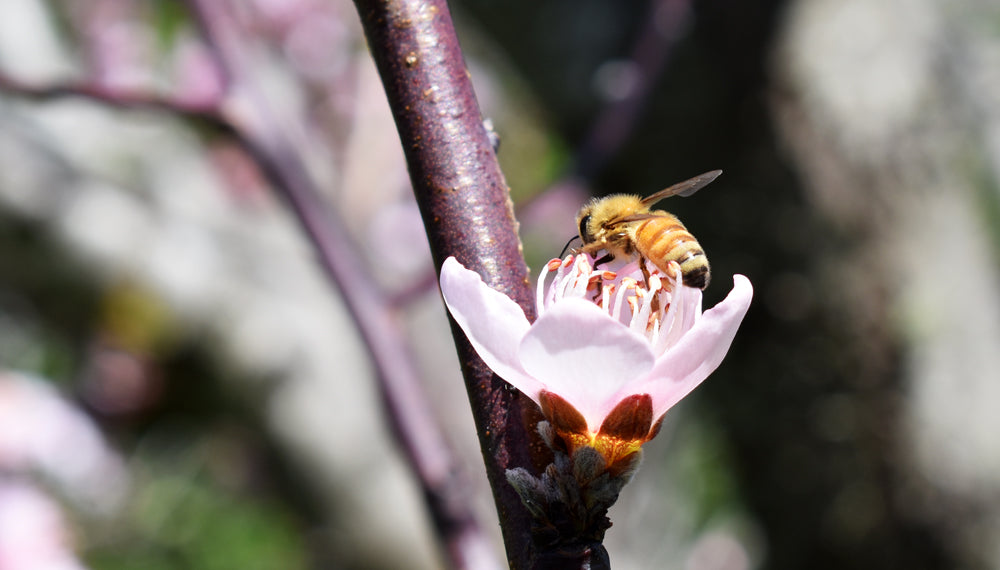
Bee Aware | Pollination Illumination
September is Bee Awareness Month here in New Zealand and this year Apiculture New Zealand’s theme is Pollination Illumination! The aim is to educate as many kiwis as possible on the ways in which they can protect New Zealand’s healthy bee colony and help it to thrive.
What is Apiculture?
Apiculture is the technical term for bee-keeping and in particular bee keeping on larger scales. We have our very own national industry body for Apiculture, Apiculture New Zealand. The Apiculture industry within New Zealand is a $5 billion industry and it’s not only the honey or bee products that add to this value but also the crucial role that bees play in pollinating pastoral clover for nitrogen regeneration, specialised small seed crops, berries, stone fruit and pip fruit orchards.
With over 810,000 registered hives, New Zealand has an abundance of bees and is home to the highly sought after Manuka Honey.
Active Manuka Honey
Honey has been used for centuries as a natural helping hand in healing. Manuka Honey, is highly sought after due to its powerful and long lasting antibacterial and antimicrobial qualities. Manuka honey when applied topically to cuts, scrapes or burns can help to stimulate natural repair and can speed up the healing process which in turn will help to prevent scarring. Made from the nectar of New Zealands native Manuka plant (Leptospermum scoparium), Manuka Honey is rare and special. Our clever Kiwi Bee’s collect Manuka nectar and transform it into the highly valued honey renowned for its rare and complex properties. It’s the native, New Zealand Manuka flower that holds the unique medicinal properties and makes this honey stand out from the rest!
Certified natural Manuka Honey (Mel) is one of nature's sweetest and strongest gifts. Living Nature source their Manuka Honey from beekeepers in our local Far North region of New Zealand where the Living Nature manufacturing facility is based also. This uniquely beneficial ingredient is rich in nutrients, vitamins, amino acids and minerals to feed, protect and renew skin. It also functions as a humectant, drawing in and retaining moisture. Its unique 'Manuka factors' assists in making it one of the most biologically active and beneficial honeys for the skin.
Manuka honey is particularly good as a wound healer, especially for acne because of its anti-bacterial, anti-inflammatory and anti-oxidant properties, helping your skin to heal, soothe and fight free radical damage – you can see why it’s one of our hero ingredients and used in over a third of our products.
Protect our Kiwi Bee’s
With such a strong Bee population here in New Zealand and the dwindling population in the rest of the world due to parasites, disease, habitat loss and pesticides, it’s important that we take special care of our Kiwi Bee’s! There are a number of ways that we can easily help to protect our bee’s through the planting of more bee food, using safer spraying methods and providing hydration.
Bee Food
For bee’s to continue doing the amazing job that they do pollinating our flora, we have to remember that they need to eat too! One of the easiest ways that we can help our bee’s to thrive is to plant bee friendly gardens. Whether you live in a rural or urban area, you can do your part to provide food for these little honey makers. Plants perfect for planter boxes in an urban setting could include; Basil, Rosemary, Marigold, Cornflower, Michaelmas Daisy. Bigger plants that are more suited to larger gardens or rural areas could include; Manuka, Rosemary, Orange Trees, Harakeke Flax and Sunflowers!
Safer Spraying
Although we would like to suggest that you do not use pesticides at all, it sometimes is a necessity and in that case it is important that we do so in the safest way possible for our little yellow friends. If you do choose to spray, be mindful not to do so when plants are in flower or there are bees present. You can seriously harm or kill the bees as well as their food! It is also suggested that you spray at either dawn or dusk to prevent damage. For more information on safe spraying practices visit https://apinz.org.nz/resources/pesticides/
Hydration
Another way that we can ensure that our bee population continues to flourish is by providing safe, clean drinking water for the bees. To do this, fill a saucer or shallow dish with clean, fresh, pesticide free water and pop in a few small twigs or pebbles to give the bees somewhere to rest while drinking – easy!
If we all work together and take these simple steps, we’ll be making sure that New Zealand’s very strong bee population continues to grow! 🐝
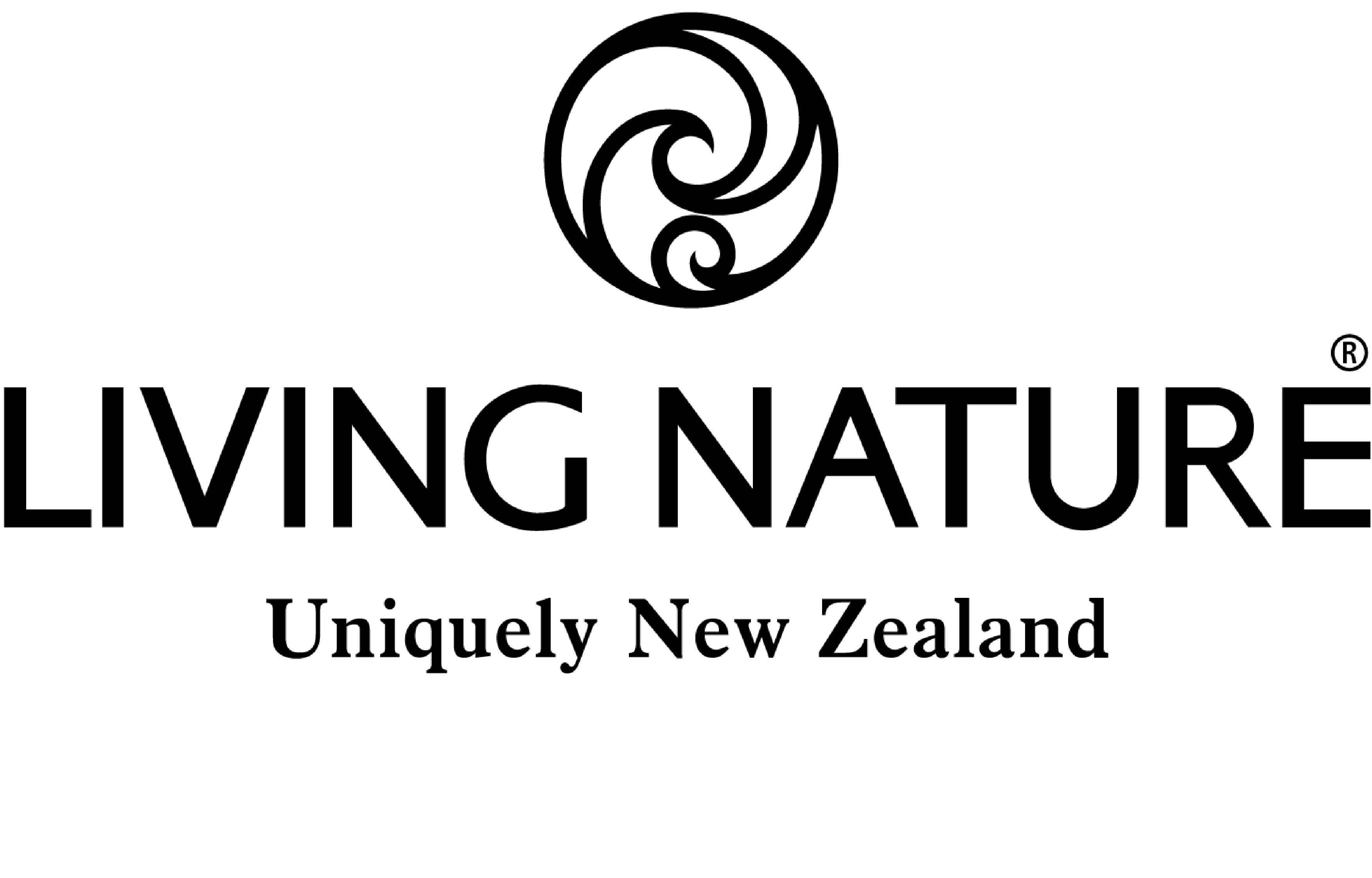
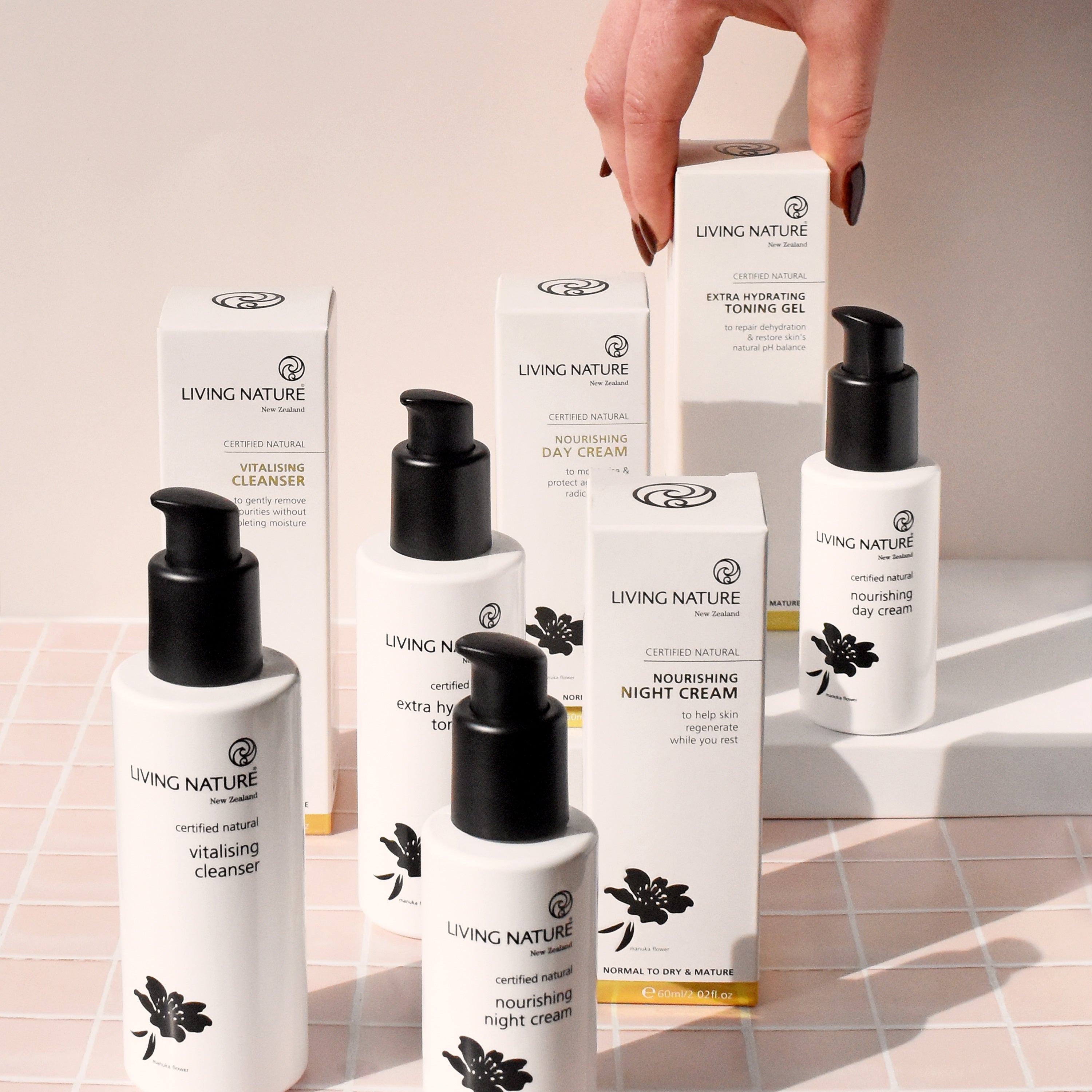
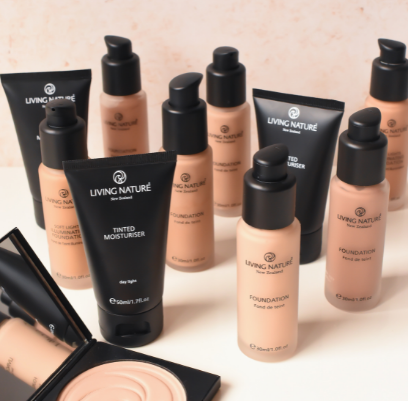
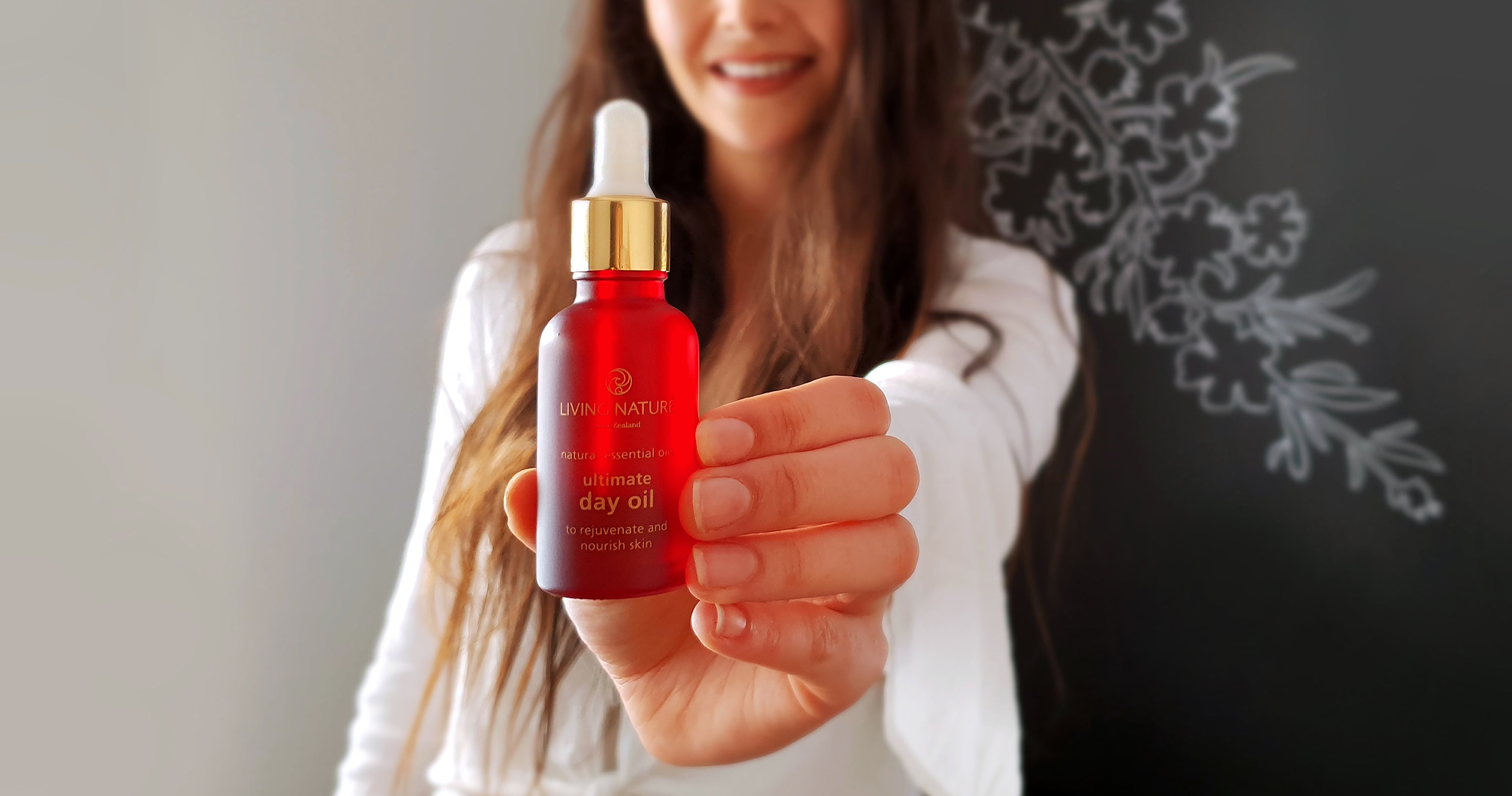

Leave a comment
This site is protected by hCaptcha and the hCaptcha Privacy Policy and Terms of Service apply.